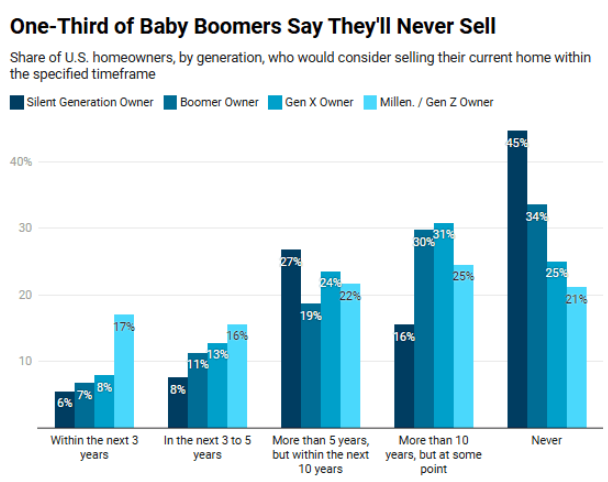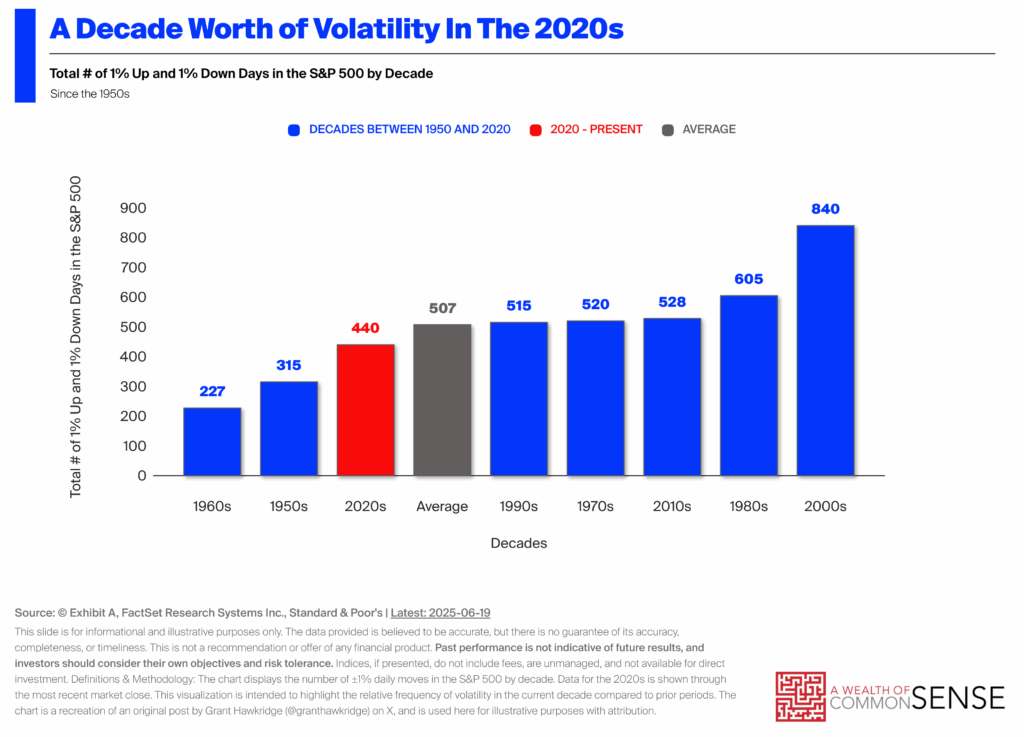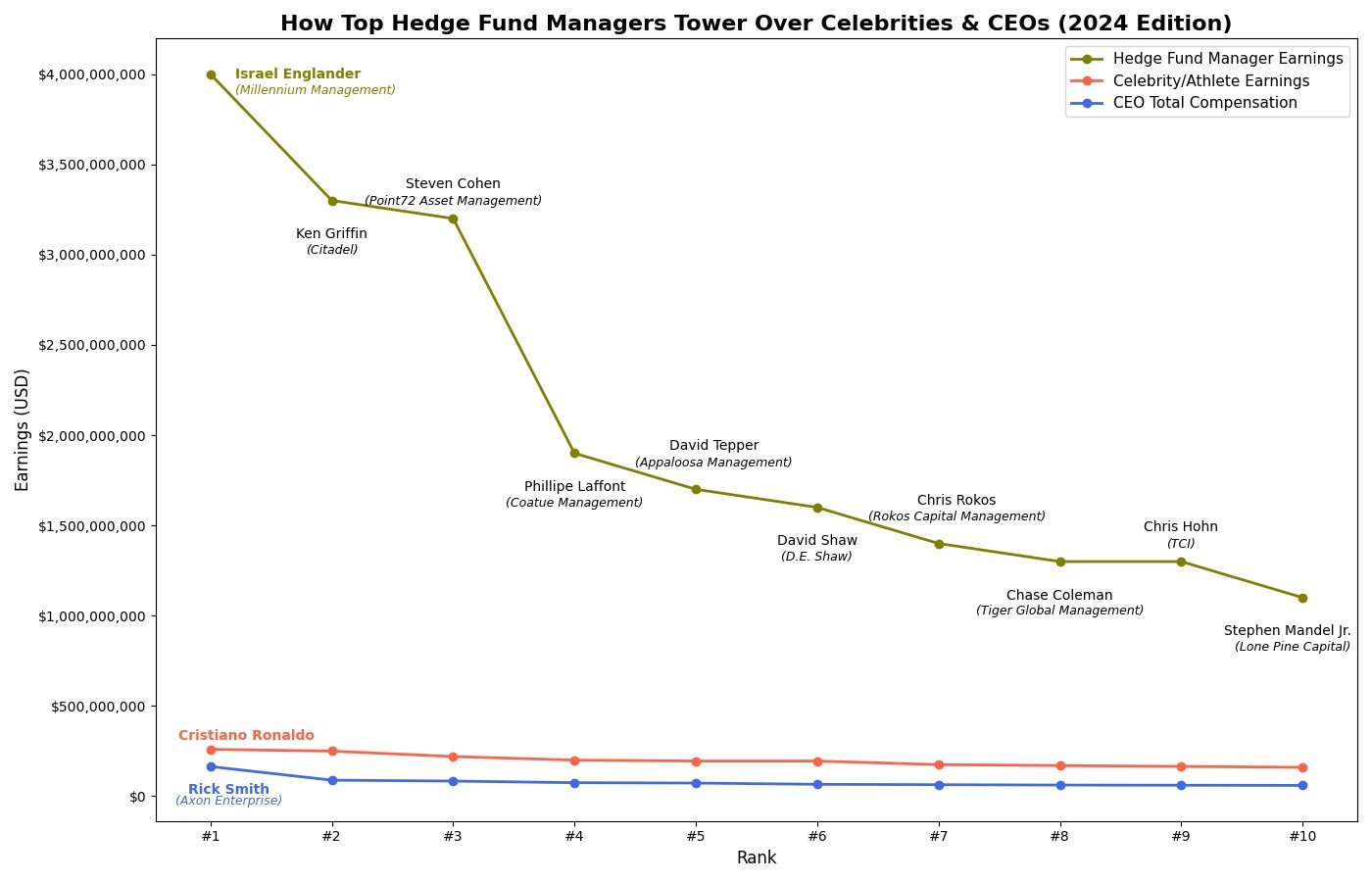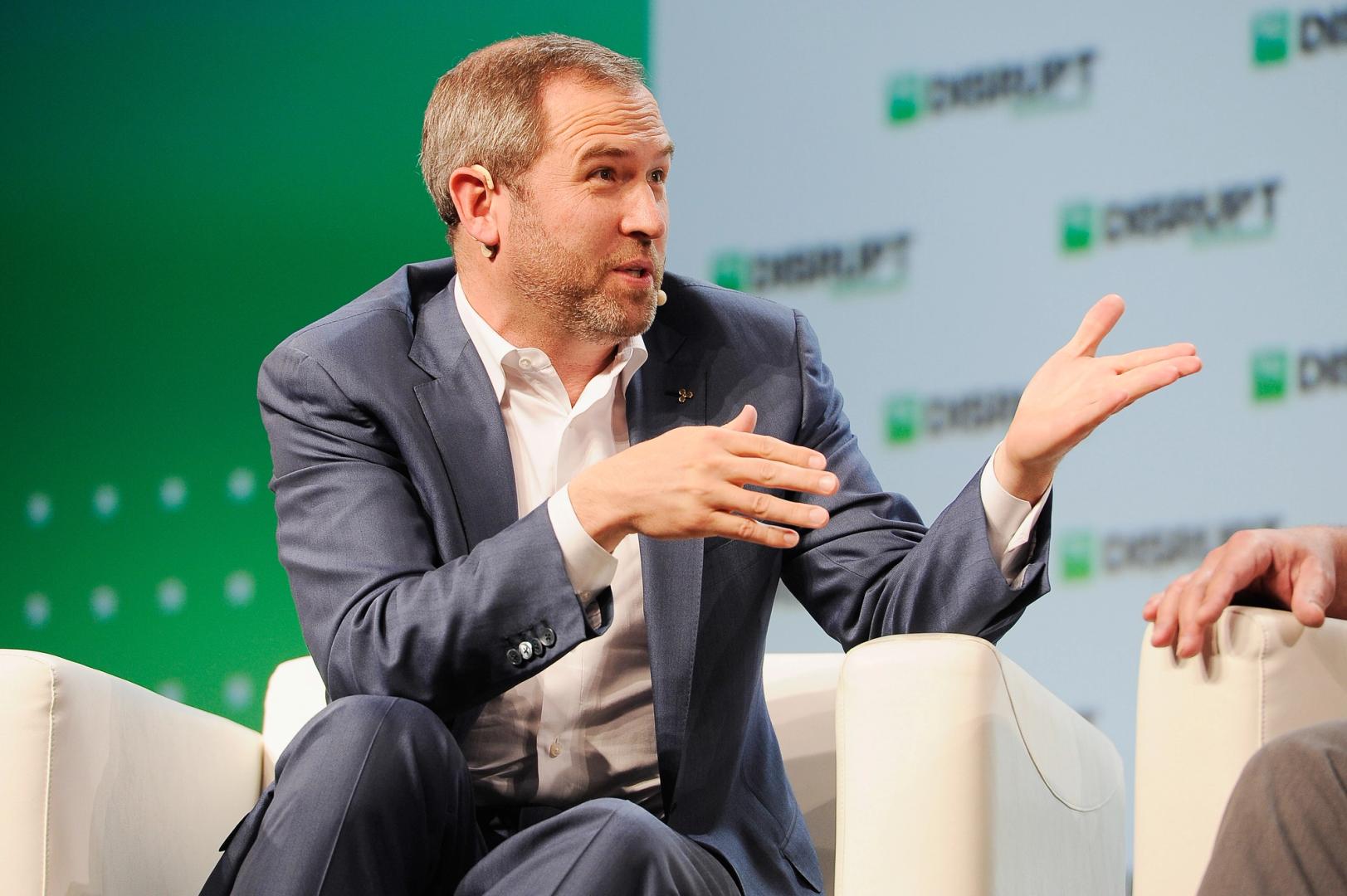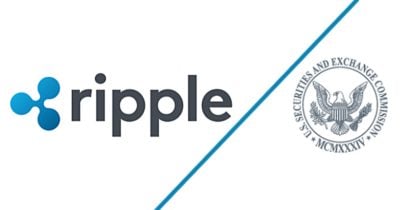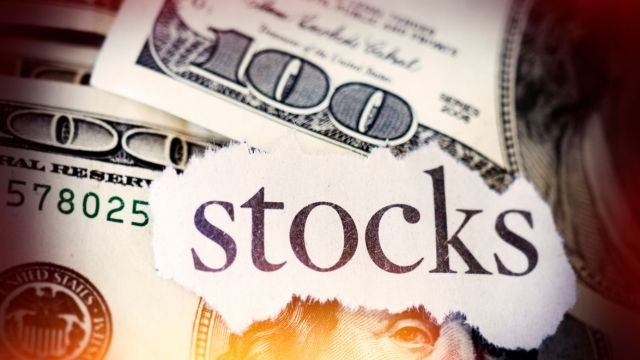Prediction: Amazon (AMZN) Will Be the First $10 Trillion Stock
The Era of Trillion-Dollar Stocks The trillion-dollar market capitalization, once a rare pinnacle for corporate giants, has become a hallmark of today’s tech-driven economy. In 2018, Apple’s (NASDAQ:AAPL) historic ascent to a $1 trillion valuation marked a new era, and today, 10 U.S.-listed companies have joined this elite group, driven by innovation in AI, cloud […] The post Prediction: Amazon (AMZN) Will Be the First $10 Trillion Stock appeared first on 24/7 Wall St..

With these firms reshaping industries, the focus shifts from identifying the next trillion-dollar stock to predicting which will first reach the unprecedented $10 trillion valuation.
Nvidia made early investors rich, but there is a new class of ‘Next Nvidia Stocks’ that could be even better. Click here to learn more.
Key Points in This Article:
The Era of Trillion-Dollar Stocks
The trillion-dollar market capitalization, once a rare pinnacle for corporate giants, has become a hallmark of today’s tech-driven economy.
In 2018, Apple’s (NASDAQ:AAPL) historic ascent to a $1 trillion valuation marked a new era, and today, 10 U.S.-listed companies have joined this elite group, driven by innovation in AI, cloud computing, and digital ecosystems.
These firms, leveraging vast scale, loyal customers, and strong cash flows, have redefined market dominance. The top 10 include:
- Apple
- Microsoft (NASDAQ:MSFT)
- Nvidia (NASDAQ:NVDA)
- Amazon (NASDAQ:AMZN)
- Alphabet (NASDAQ:GOOG)(NASDAQ:GOOGL)
- Meta Platforms (NASDAQ:META)
- Broadcom (NASDAQ:AVGO)
- Taiwan Semiconductor (NYSE:TSM)
- Berkshire Hathaway (NYSE:BRK-A)(NYSE:BRK-B)
- Tesla (NASDAQ:TSLA)
As these titans continue to reshape industries, the focus shifts from the next trillion-dollar contender to a loftier benchmark: which company will be the first to reach a $10 trillion valuation?
There Can Be Only One
Speculation abounds on which company could hit $10 trillion first. Nvidia, with a $3.8 trillion market cap, is a strong candidate, fueled by its AI chip dominance. With 170% stock growth in 2024 and $130 billion in revenue, driven by data center demand, it is naturally viewed as a frontrunner.
Similarly, Microsoft, at $3.7 trillion, is also mentioned as a contender due to its diversified cloud (Azure), software, and AI portfolio, 45% operating margin, and steady 15% compounded annual growth rate.
Apple ($3 trillion) faces challenges from iPhone saturation, while Alphabet ($2.1 trillion) relies heavily on cyclical ad revenue. Tesla, Meta, Broadcom, and others lag because they have narrower growth paths. Berkshire Hathaway’s diversified, but non-tech focus, limits its exponential potential.
While these are all valid contenders, only one company has the diversified growth engines to cross the $10 trillion threshold first: Amazon.
Why Amazon Will Lead the Race
Amazon, with a $2.3 trillion market cap today, is uniquely positioned to become the first $10 trillion stock due to its dominance in two of the fastest-growing sectors: e-commerce and cloud computing.
Achieving a $10 trillion valuation requires a 4.6x increase, a feasible target given Amazon’s historical growth and expansive addressable markets. In 2024, Amazon generated $638 billion in revenue, with e-commerce contributing $530 billion and Amazon Web Services (AWS) adding $107.6 billion, up 18.5% year-over-year.
AWS, holding a 31% cloud market share, is poised to capitalize on the AI-driven cloud boom, projected to push its revenue to $200 billion to $300 billion by 2035. Unlike Nvidia, which relies heavily on AI chip demand, or Microsoft, with slower cloud growth, Amazon’s dual revenue streams offer unmatched resilience and scale.
Strategic Scale and Innovation
Amazon’s e-commerce business, while already massive, captures around 38% of U.S. retail, leaving significant room for expansion, especially in international markets like India and Southeast Asia.
Its logistics network, including same-day delivery and drone initiatives, strengthens its competitive moat, driving customer loyalty and market share. Meanwhile, AWS benefits from secular trends in AI and big data, with clients like Netflix (NASDAQ:NFLX) and government agencies increasing cloud spending.
Amazon’s operating margin, currently at 11%, has substantial upside compared to Microsoft’s 45%. If Amazon scales to $2 trillion in revenue — a plausible target given its 10% to 12% CAGR — and improves margins to 20%, it could generate $400 billion in earnings. At a conservative P/E ratio of 25, this supports a $10 trillion valuation within 10 to 15 years.
Unparalleled Opportunity
Competitors face limitations that Amazon is able to sidestep. Nvidia’s growth hinges on sustained AI demand, risking saturation or technological shifts. Apple’s innovation pace has slowed, and Alphabet’s ad-driven model is vulnerable to economic cycles.
Amazon’s diversified revenue, from retail to cloud to advertising ($56 billion in 2024), mitigates such risks. Its investments in AI, like the Anthropic partnership, and emerging ventures like Kuiper (satellite internet) further bolster growth. Regulatory hurdles, a concern for all tech giants, are less threatening to Amazon, as its retail focus faces fewer antitrust challenges than Alphabet’s search or Apple’s app store.
AWS’s AI leadership and e-commerce scalability are key drivers for its ascendance. Amazon’s ability to reinvest cash flows into high-growth areas, unlike Berkshire’s conservative approach or Tesla’s capital-intensive auto focus, positions it for exponential gains.
While the trillion-dollar club continues to grow, the $10 trillion milestone is Amazon’s to claim, driven by its unmatched market reach and operational agility.
The post Prediction: Amazon (AMZN) Will Be the First $10 Trillion Stock appeared first on 24/7 Wall St..



































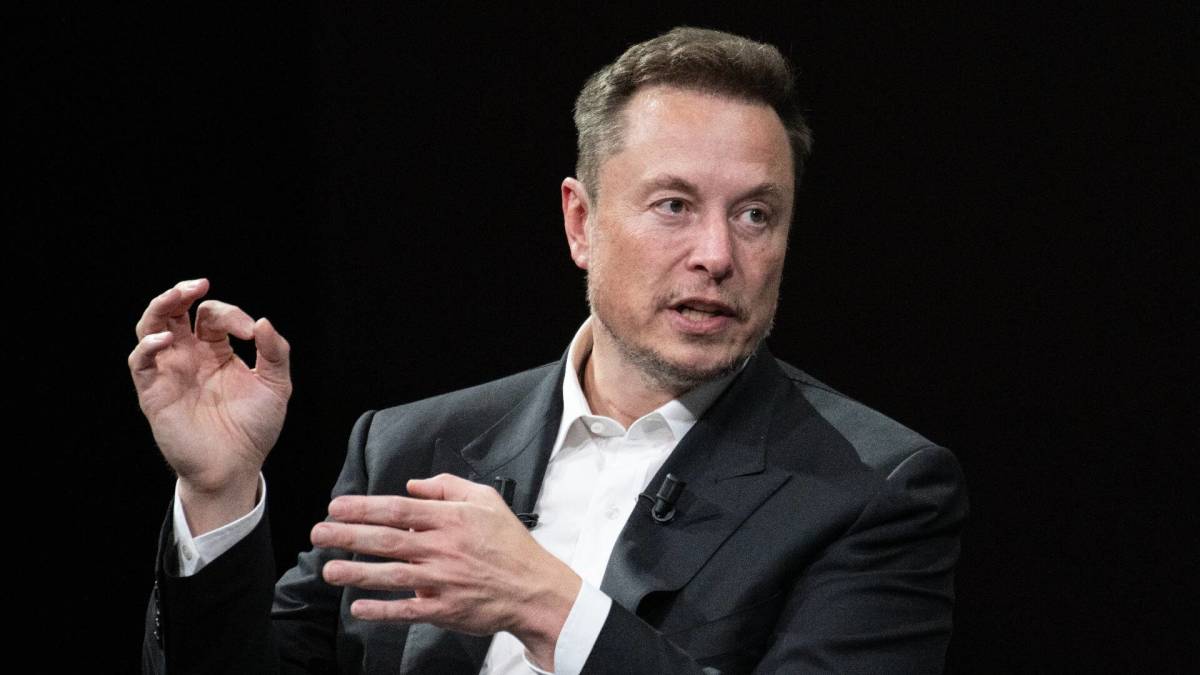


4_M_1440049442.jpg?#)

























